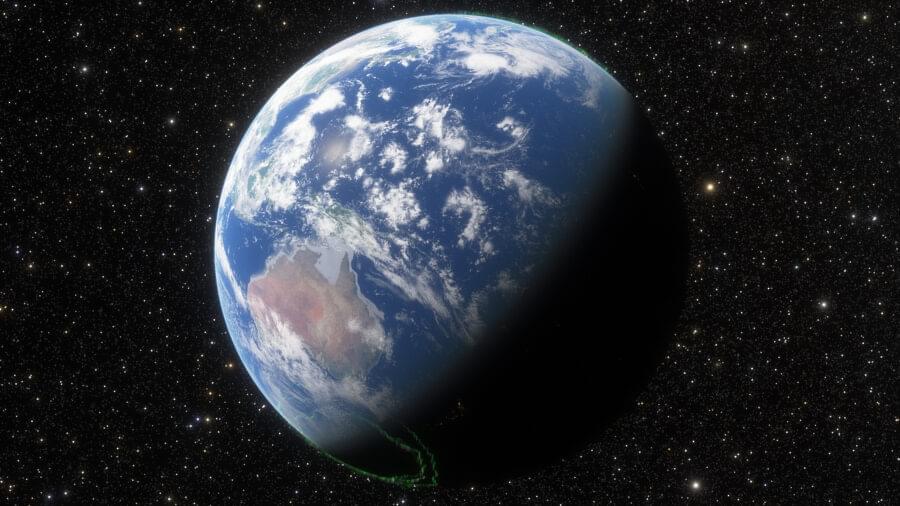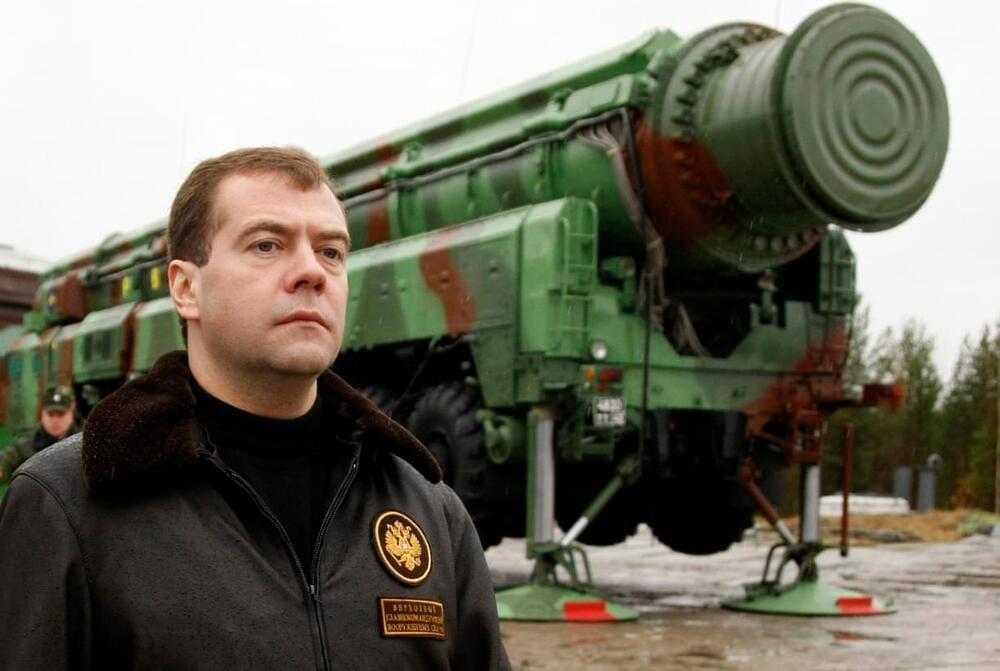Back in 1,859, long before the internet, a massive geoelectrical storm knocked out the telegraph systems in the world. Reports were given of telegraph operators being shocked, the paper catching fire, and the equipment being operated without the batteries being connected. This was caused by the massive surge of electrical power caused by the storm. These storms occur when a bubble of superheated gas from the sun hits the earth. These storms cause massive damage to our solar system. This occurrence causes a massive surge in electrical activity and damage. Scientists studying these events have concluded that they occur every 500 years. The event in 1,859, known as the Carrington Event, was the most recent. This could mean that in the year 2,359, another storm would wipe out the entire internet.
The Carrington Event was the largest recorded geoelectrical storm, but it wasn’t the first to happen. An even bigger storm happened in our solar system in A.D. 774, based on readings taken from ice core samples in the Antarctic. The solar flare that was launched from the sun during this event in the Antarctic caused the fastest and biggest rise in carbon-14. Carbon-14 is an isotope of Carbon, which is created from the sun and contains highly radioactive material. Though the Carrington Event was measured via observatories at the time, scientists were able to read the rings in the ice taken from the Antarctic event, which is now known as the Miyake event. Based on those readings, the Miyake event was even greater than the Carrington event. The readings of the ice showed a 14% increase in carbon-14. The Carrington event only saw an increase of less than 1% in carbon-14 readings.
Scientists have a rating system that measures the level of geoelectrical storms based on a scale of 1 to 5. The geoelectrical storms are then given a designation of G1 to G5 based on their intensity. The Carrington event was rated a G5. That would have meant the Miyake event was even more catastrophic in our solar system. A storm that was three times smaller than the Carrington event occurred in 1989. This event took place in Quebec, Canada, and caused the full collapse of the Hydro-Quebec electrical grid. The geoelectrical storm was so powerful that it also caused damage to a circuit breaker in New Jersey. This resulted in the grid’s circuit breakers going off, which caused five million people being without power for nine hours. Should an electrical storm like this occur in currently, the damage would be immeasurable.







